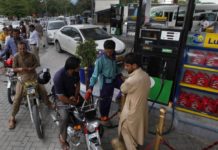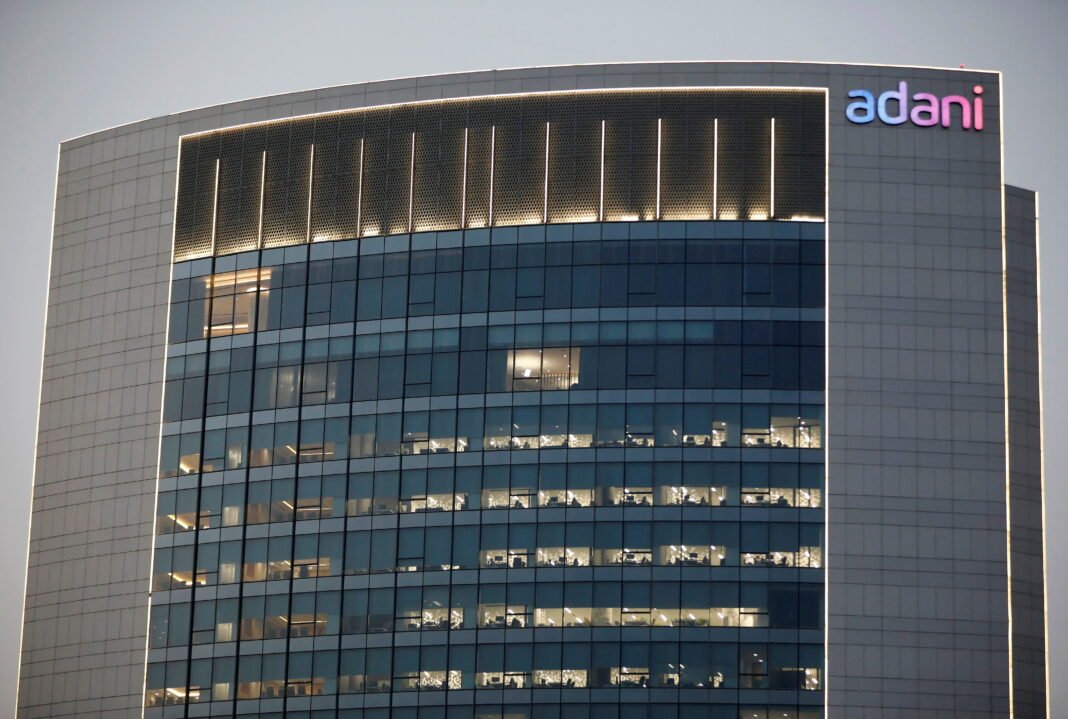Adani Scrutiny: In an era where global environmental consciousness is at its zenith, allegations regarding corporate attempts to dilute environmental regulations raise eyebrows and concerns. One such instance, involving Anil Agarwal’s Vedanta Group, has been highlighted by a report from the Organised Crime and Corruption Reporting Project (OCCRP).
OCCRP’s Findings on Vedanta
Lobbying Amidst the Pandemic: The report suggests that Vedanta orchestrated a concealed lobbying effort to ease environmental rules during the COVID-19 pandemic. These alterations allegedly occurred without public consultations, and experts claim the method of implementation was illegal.
Alleged Influence: Vedanta’s Group Chairman, Anil Agarwal, in January 2021, reportedly communicated with the then environment minister, suggesting that the mining industry’s production limit could be increased without additional environmental clearances. This, Agarwal proposed, would stimulate economic recovery post-pandemic.
Subsequent Approvals: Subsequent to these discussions, six of Cairn India’s controversial oil projects in Rajasthan, a Vedanta subsidiary, were approved, the report claims, despite facing local resistance.
The Soros Connection: The report, supported by George Soros’ funding, also mentioned that Cairn India successfully advocated for the removal of public hearings tied to their exploratory drilling endeavors.
Evidence Backing Claims: The allegations rest on a trove of Indian government documents, sourced through freedom of information requests, encompassing internal communication, minutes from private meetings, and even correspondence from Agarwal.
Key Highlights from the OCCRP Report
Economic Impetus Through Relaxed Regulations: Agarwal’s communication with the then environment minister emphasized that without additional clearances, allowing mining companies to elevate production would provide an immediate economic thrust.
Rapid Government Response: The environment ministry was swift to consider the suggestions, with Javadekar marking them as “very important” and urging immediate discussions.
Direct Appeal to the Prime Minister: In June, Vedanta’s CEO, Sunil Duggal, wrote to PM Narendra Modi, proposing a change in the process for environmental approvals, asserting it would fuel economic growth and create employment.
Policy Alterations: In 2022, regulations were relaxed, permitting mining companies to escalate production by 50% without mandatory public hearings, which was an industry pain point.
Legal Concerns: Meeting details from July suggest that there were apprehensions that diluting regulations could lead to legal implications and unrestricted mining in sensitive areas.
Reduced Expansion Capacity: While an October memo permitted a 20% production increase without public hearings, this figure was boosted to 40% in April 2022, with only written feedback required up to 50%.
Global Commitments and Internal Discrepancies
India, represented by PM Modi, has made global commitments to reduce carbon emissions by a billion tons by 2030 and attain net zero emissions by 2070. However, the OCCRP’s revelations hint at a potential misalignment between these commitments and internal policies that seem to favor mining and oil interests.
The core contention is the juxtaposition of global environmental promises and domestic decisions that might favor industry over environment. With these allegations, it becomes vital for both the government and the company to address these concerns transparently and ensure that economic growth doesn’t come at the planet’s expense.
Read more: Combating pollution’s Impact on Skin































